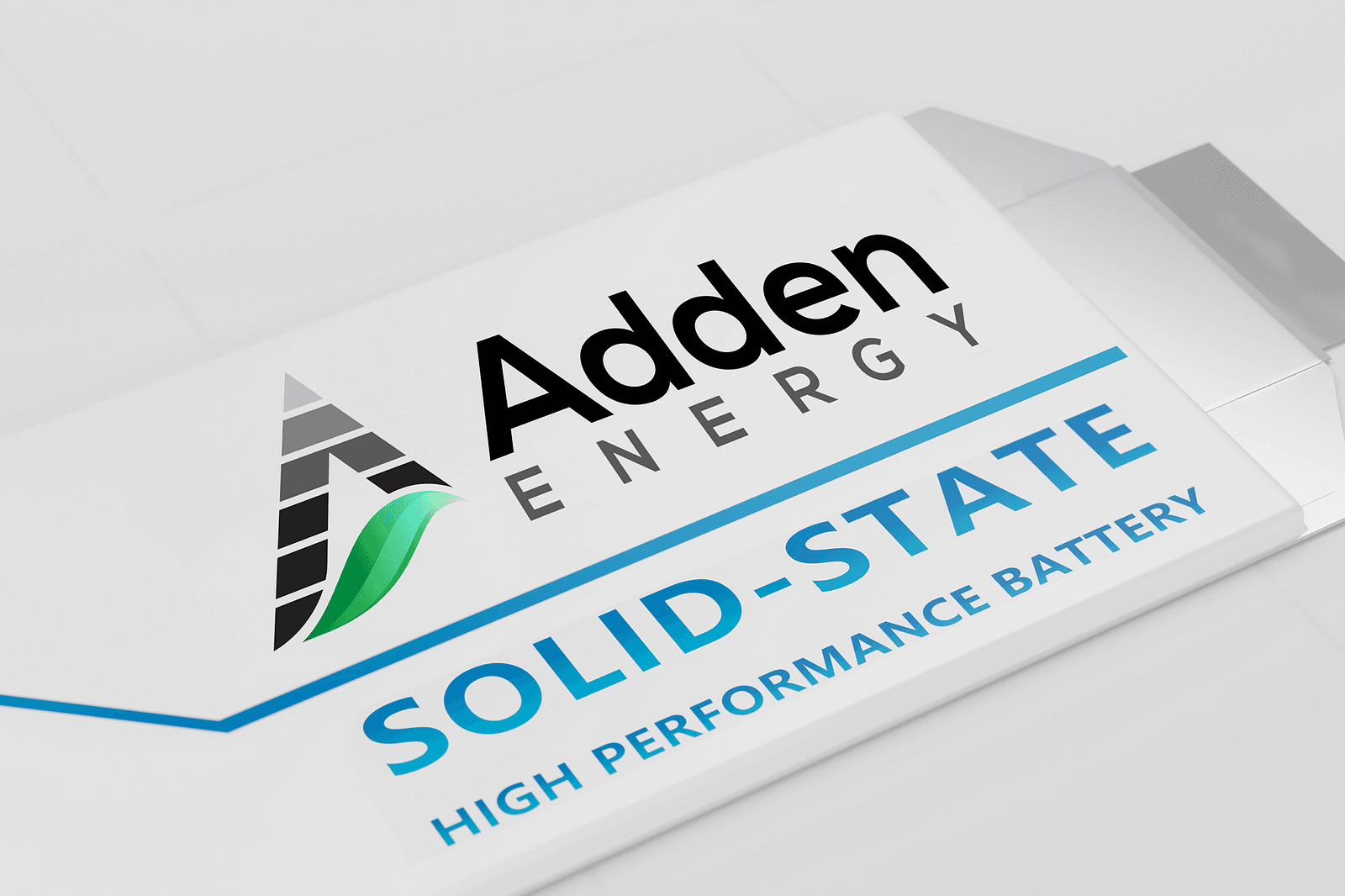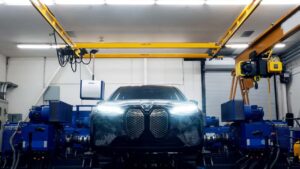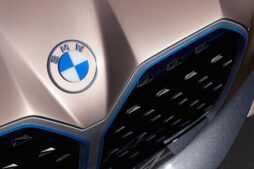Market-leading battery retains 80% capacity after 6,000 cycles – unmatched competition!
The competition to market solid-state batteries is heating up, as Toyota sets its sights on achieving this goal by 2027. However, car manufacturers are not the only players entering the market. Harvard University is making a bold move by creating a state-of-the-art solid-state battery capable of recharging in just 10 minutes, surpassing all traditional pouch-type batteries in terms of durability.
A recent study published in Nature Materials reveals that Xin Li, an Associate Professor of Materials Science at Harvard’s John A. Paulson School of Engineering and Applied Sciences (SEAS), has found that solid-state batteries using a lithium metal anode have ten times the capacity compared to traditional graphite anodes. This discovery makes lithium metal anode batteries highly coveted for use in the automotive industry, earning the nickname of the ‘holy grail.’

In recent years, significant progress has been made in the advancement of solid-state batteries. However, a major concern plaguing this type of battery is the development of Dendrites. This problem has greatly hindered the rapid growth of the technology.
During the charging process, dendrites can form on the lithium surface, resembling roots, as lithium ions travel from the cathode to the anode and penetrate the barrier between them. This can result in battery malfunctions such as short circuits or ignition. While previous studies have focused on minimizing or regulating dendrite growth, a recent breakthrough by Harvard researchers has completely eradicated their formation.The occurrence of dendrites, akin to tree roots, on the lithium surface is a common problem during the charging process. This happens when lithium ions migrate from the cathode to the anode and puncture the dividing wall between them. The consequences of this can be detrimental to the battery, including short circuiting and combustion. Various methods have been investigated by scientists to control or inhibit dendrite formation, but the team at Harvard has made an unprecedented discovery of halting it entirely.
Through the utilization of minuscule silicon particles, they successfully hindered the penetration of ions during the charging process. Additionally, this method results in a smoother surface, allowing for faster plating and stripping – the transfer of lithium ions from cathode to anode while charging, resulting in recharge times as short as 10 minutes.

The Lucid Air, a top contender in the production EV market when it comes to charging speed, falls short by about six minutes compared to the mentioned vehicle.
However, the speed at which it can be recharged is not the sole aspect where the Harvard battery outperforms existing battery technology. Remarkably, the compact pouch cell version of this battery known as the Harvard battery managed to maintain 80% of its capacity after undergoing 6,000 cycles, surpassing any other pouch-type cell available on the market.
This is significant information, as solid-state batteries are the next crucial advancement for electric vehicles (EVs), primarily due to their extended mileage, higher energy density, and improved stability compared to liquid-electrolyte battery technology.
The technology developed by the Harvard Office of Technology Development has been licensed to Adden Energy, a company specializing in battery production and established by a group of scientists from the same university. It is hoped that with this partnership, the technology will continue to advance and eventually become widely available. The emergence of solid-state batteries in the market will greatly enhance the performance of electric vehicles.








But wanna remark on few general things, The website style and design is perfect, the articles is rattling fantastic : D.
I’m impressed, I have to admit. Rarely do I encounter a blog that’s equally educative and amusing, and let me tell you, you’ve hit the nail on the head. The problem is something that not enough people are speaking intelligently about. I’m very happy I stumbled across this in my search for something concerning this.
Buy Least expensive USA Elite Private Proxies – Exclusively About https://DreamProxies.com – Very best Proxy Charges!
Best private proxies and best proxy prices – get cheap proxy on DreamProxies.com